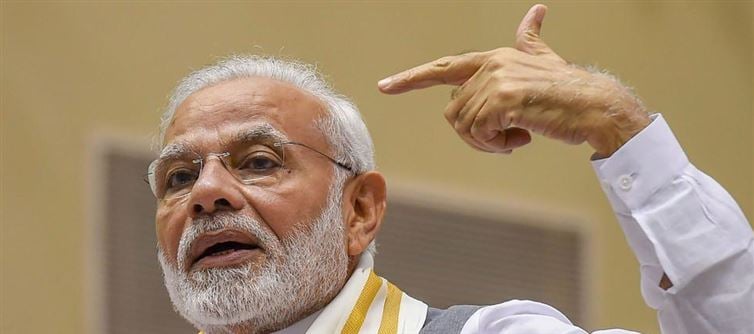
The announcement, framed as "BIG BREAKING NEWS" by Times Algebra, underscores the government's strategic pivot, emphasizing India's rising stature as a credible sporting host on the global stage. Accompanying the statement are images of prime minister Narendra Modi and a dynamic scene of an indian cricketer in action, symbolizing the blend of political leadership and sporting prowess that the policy aims to project. The government’s rationale hinges on positioning india as a preferred destination for international sporting events, a goal aligned with its ambitions to host the 2030 Commonwealth Games and the 2036 Olympic Games.
This ban is not an entirely new development but rather a reaffirmation and formalization of a stance that has been in place since 2013, when the manmohan Singh-led government first suspended bilateral sports series with Pakistan. The last bilateral series between the two nations occurred in 2012, a fact pointed out by social media user roshan Rai, who questioned the "breaking" nature of the news given its decade-long history. Rai’s critique sarcastically highlights the repetition of old policy as new, suggesting a disconnect between the narrative and historical reality.
The Modi government’s decision is framed as a response to geopolitical tensions and a commitment to global sporting norms, allowing participation in multilateral events like the Asia Cup while maintaining a firm stance against bilateral ties. This approach is seen as a strategic move to enhance India’s image as a responsible and inclusive host, capable of managing high-profile international competitions. The policy also reflects the government’s broader vision under the National sports Policy 2025, which aims to elevate india into a global sporting powerhouse by fostering world-class infrastructure and talent development.
However, the announcement has sparked mixed reactions. While some applaud the government’s assertion of national interest and its focus on multilateral platforms, others, including Rai and subsequent commentators, have labeled it a rehashed narrative exploited for political mileage. Critics argue that the ban, presented with dramatic flair, overlooks the rich cricketing rivalry that once defined India-Pakistan sportsmanship, now reduced to sporadic multilateral encounters. The inclusion of emotive imagery and the "credible sporting host" tagline has been accused of being a calculated attempt to bolster domestic support, with some calling it a "masterstroke" in political branding rather than a substantive policy shift.




 click and follow Indiaherald WhatsApp channel
click and follow Indiaherald WhatsApp channel